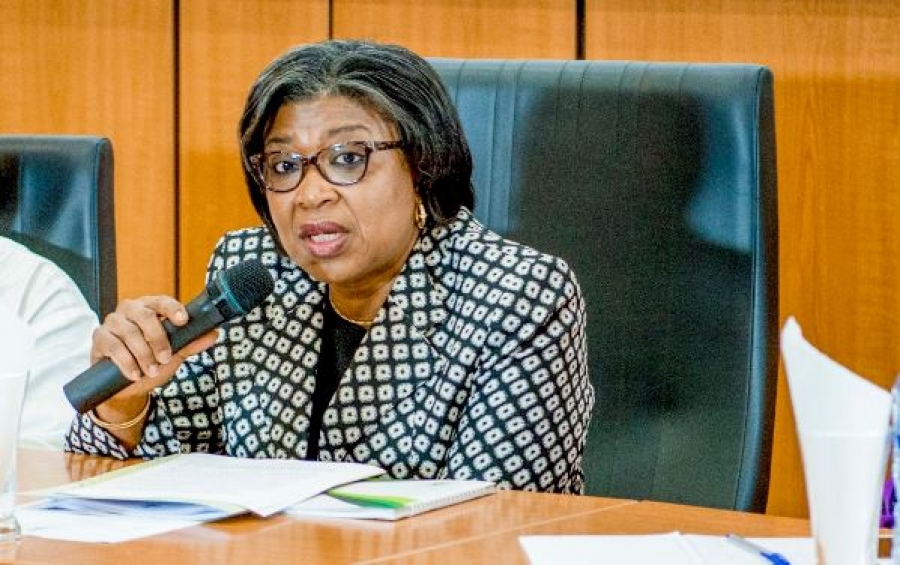Nigeria is presently facing difficulty in increasing her loan portfolio. This is according to the Debt Management Office (DMO), which cited the country’s Category ‘B’ economic ratings as the primary reason.
It would be recalled that recently two global economic analysts and ratings, Moody’s and Fitch, downgraded Nigeria to Category ‘B’ economy.
Appearing before the House of Representatives Committee on Aids, Loans and Debt Management to defend the DMO’s 2023 budget, DMO’s Director-General (DG), Patience Oniha said the international markets, which serves as global lenders and investors are shunning countries with such category.
Lamenting Nigeria’s revenue challenge, the DMO boss said the country can’t survive with continous borrowings.
Her words: “Where there is an issue is the new external borrowings. What was provided for in the 2022 budget is N2.57tn of new external borrowings and this, in naira terms at the budget exchange rate, is $26 billion.
“The reality is that if it were before, by now we would have issued Eurobonds to raise the money and we would be in good business. But let us say from the fourth quarter of last year, the international capital markets have not been opened to countries like Nigeria.
“So, in 2021, there was about $6bn to raise. We raised $4 billion for that one. But this year, it is $1.25 billion.
“The international markets are not looking for countries with our ratings –B ratings. The invasion of Ukraine by Russia, as you know, turned around things in the world significantly. So, inflation rates are high, interest rates are high and investors are saying there are a lot of uncertainties as to what will happen.
“There is a threat of recession. So, what they have decided to do is to put their money in the G-7 securities: United States, Germany, France, Japan, and so on. Those countries also issue bonds. So, that is where the investors are putting their money and rates have gone up significantly.”













